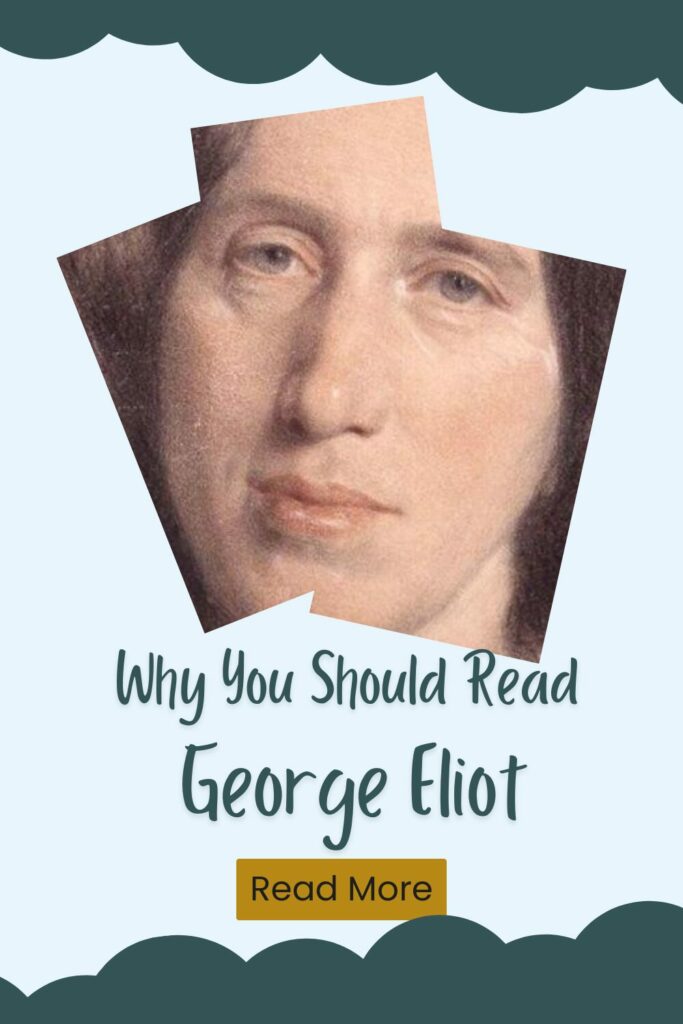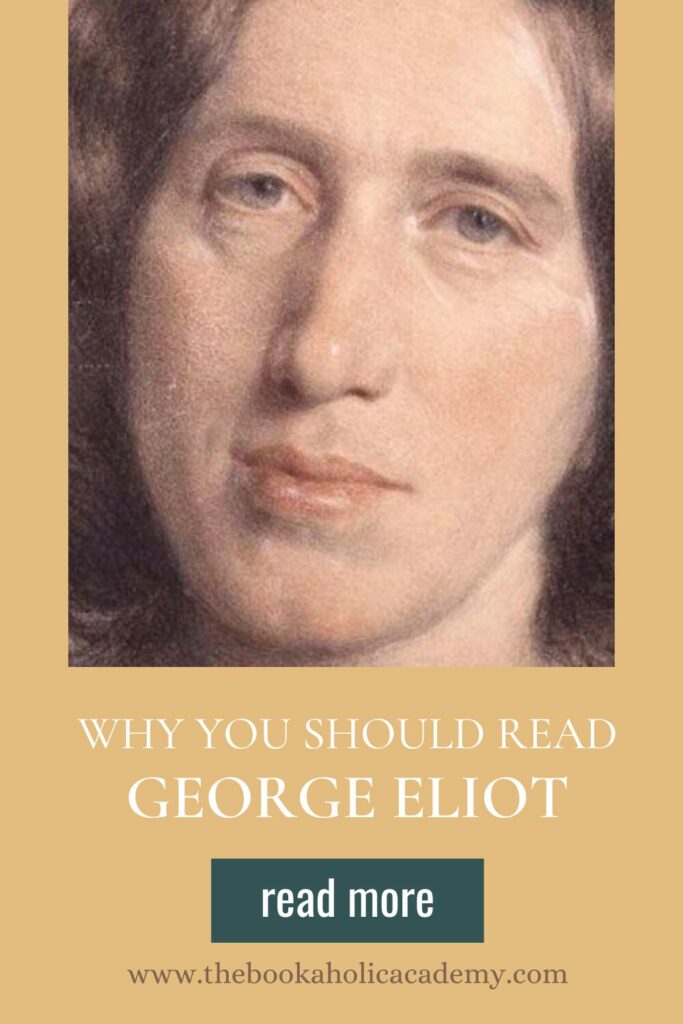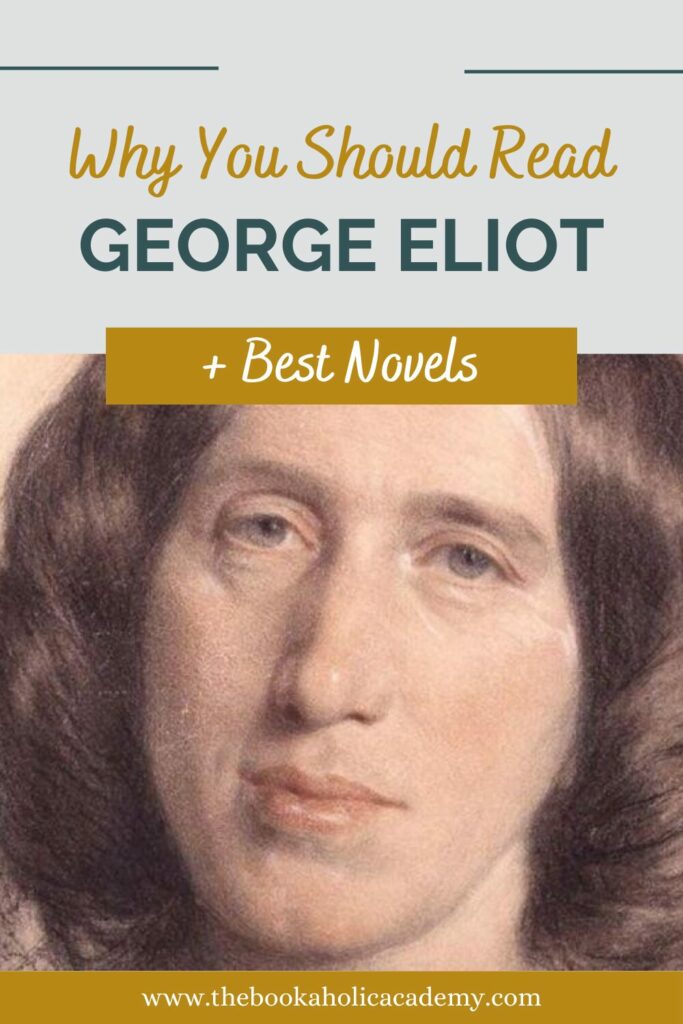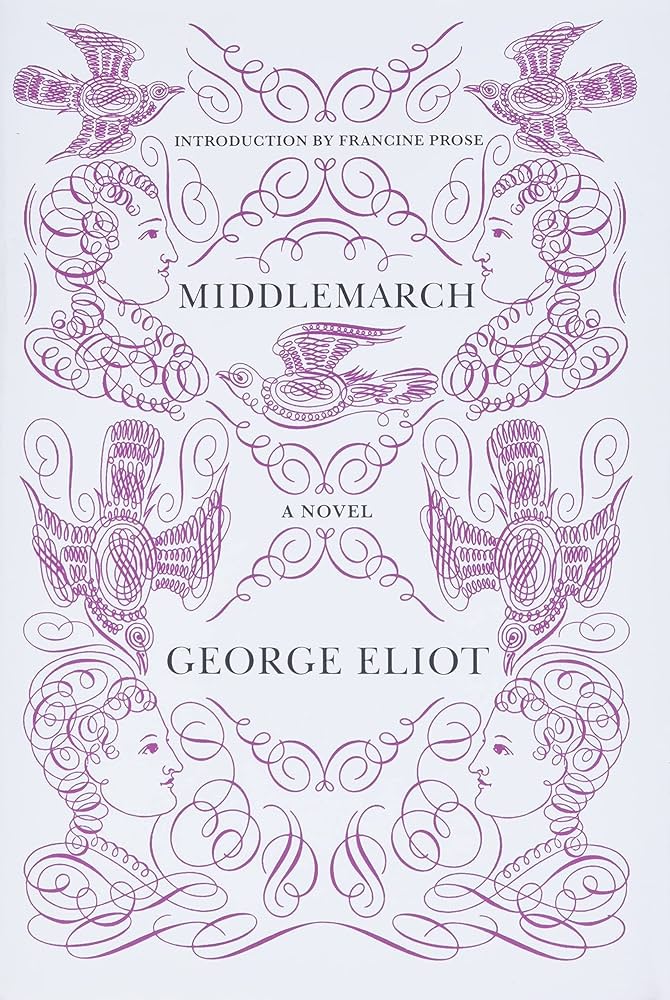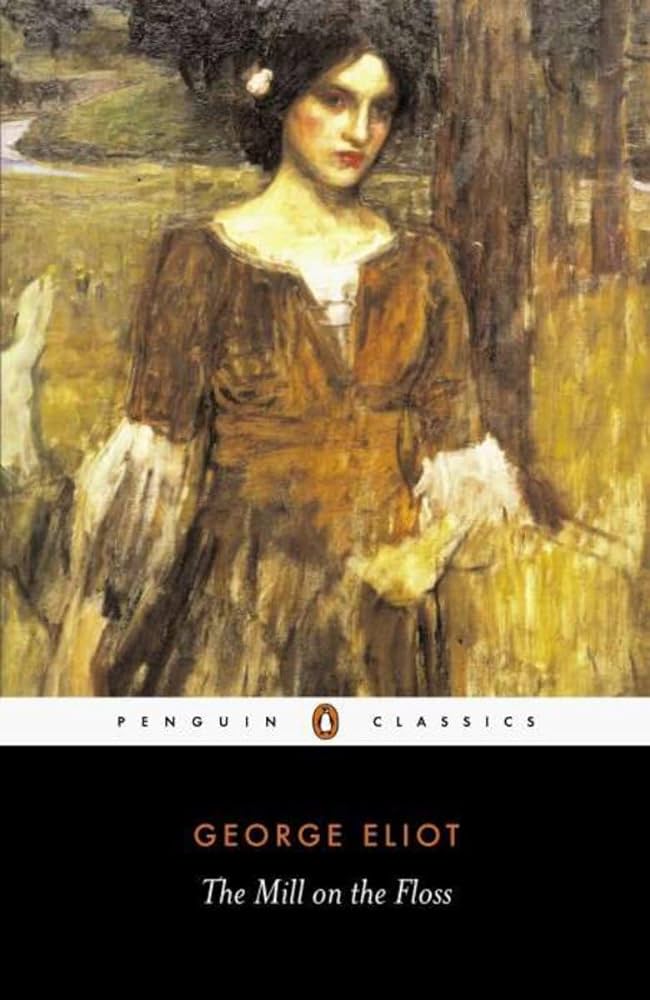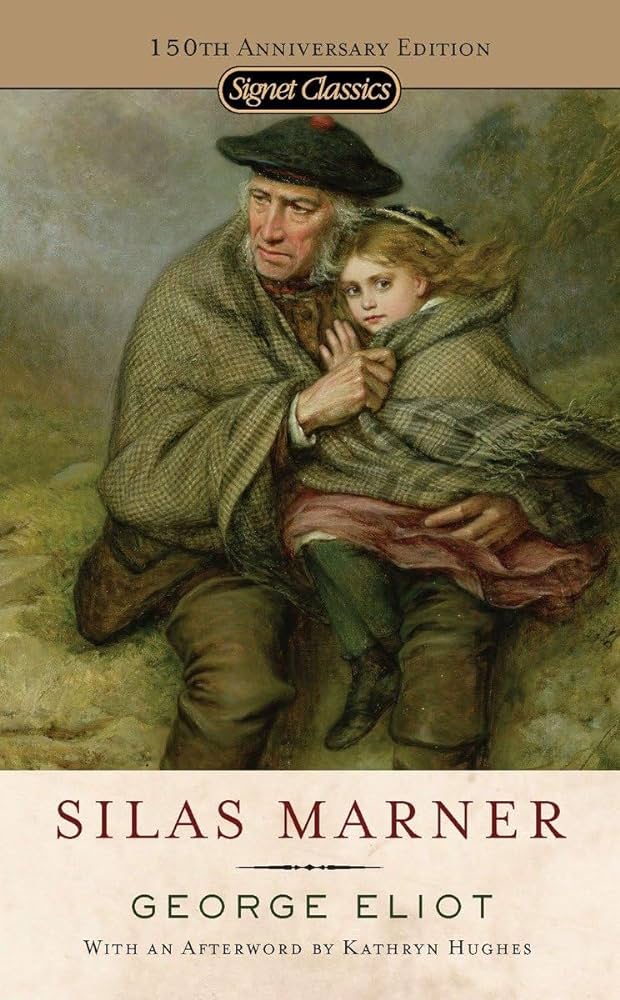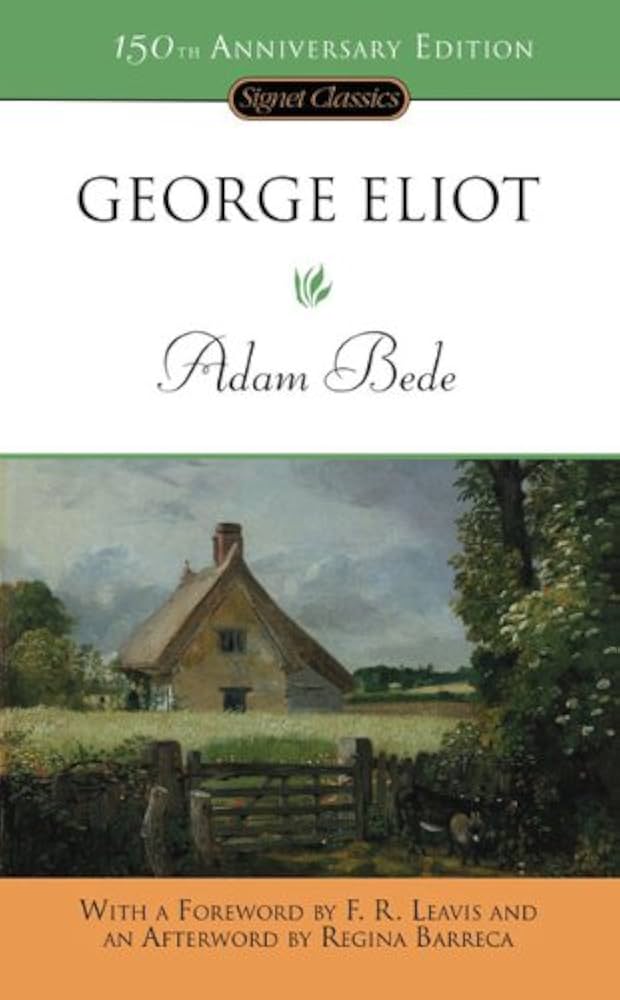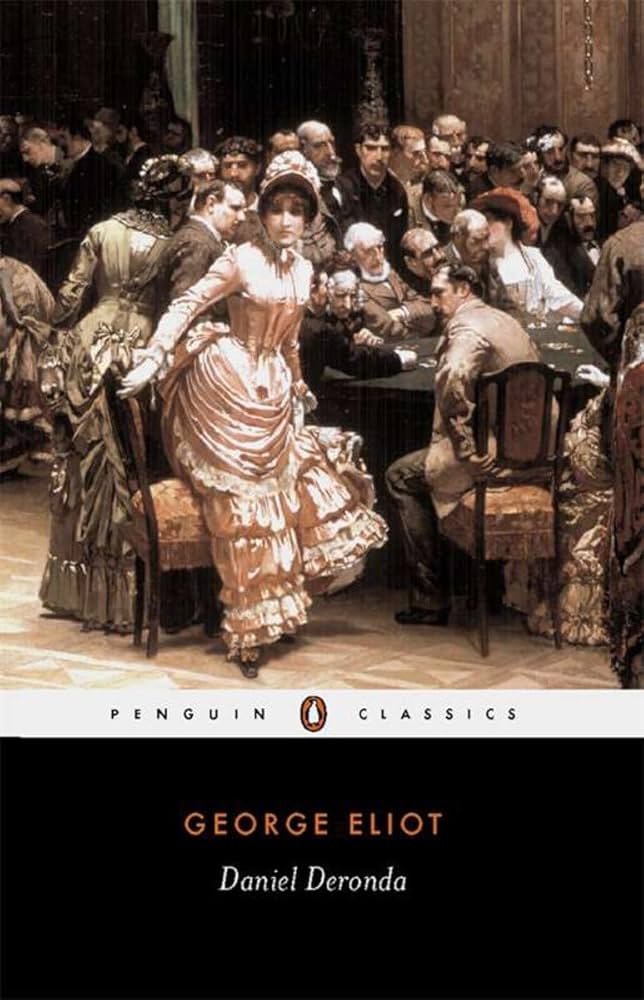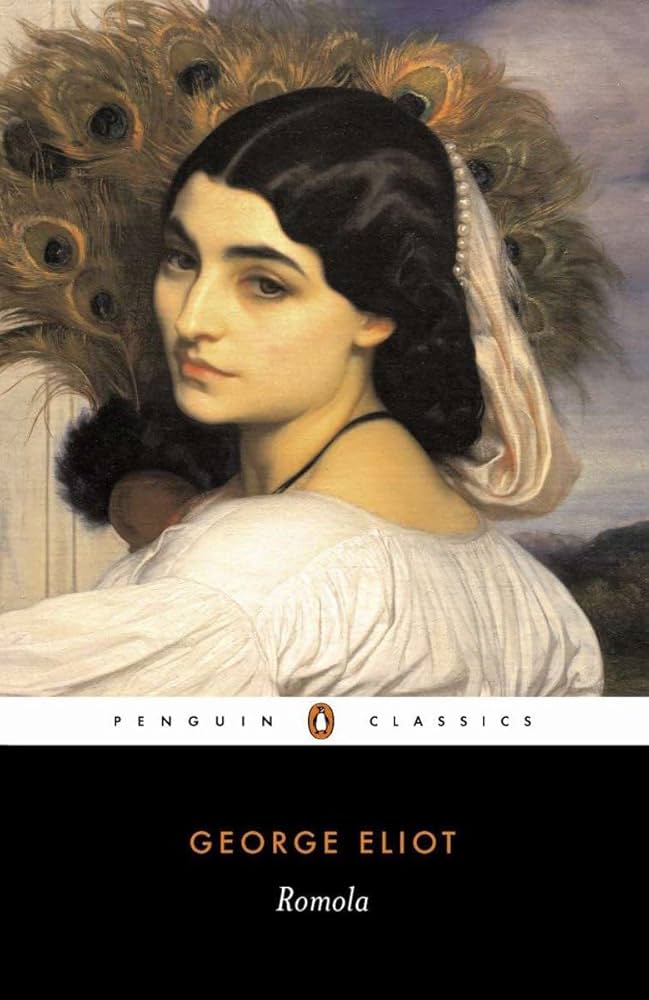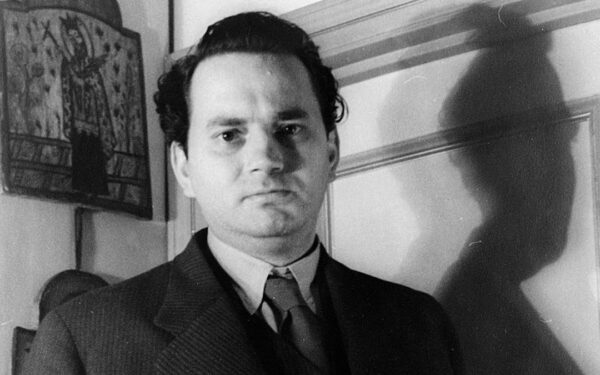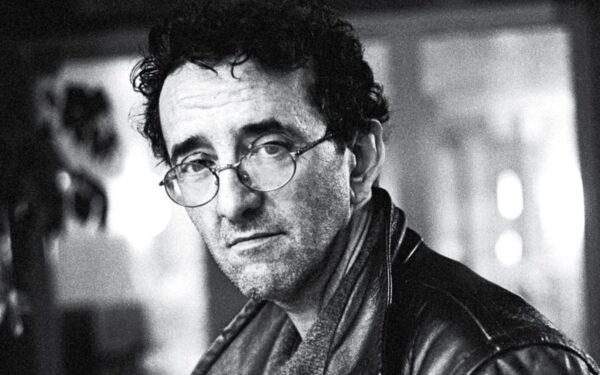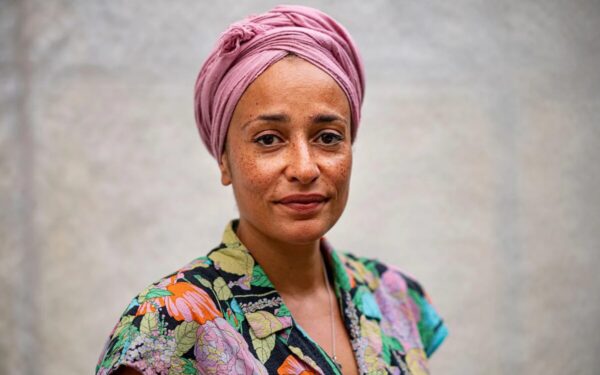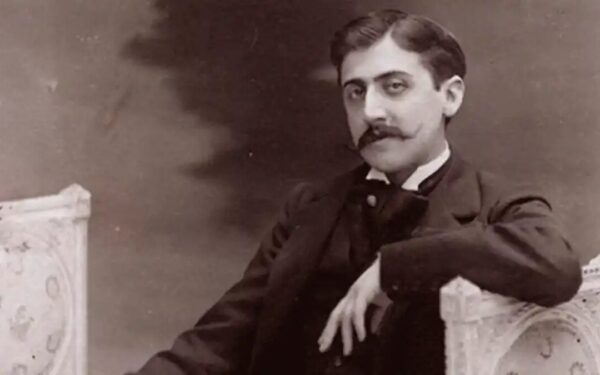Why You Should Read George Eliot: Her Best Novels
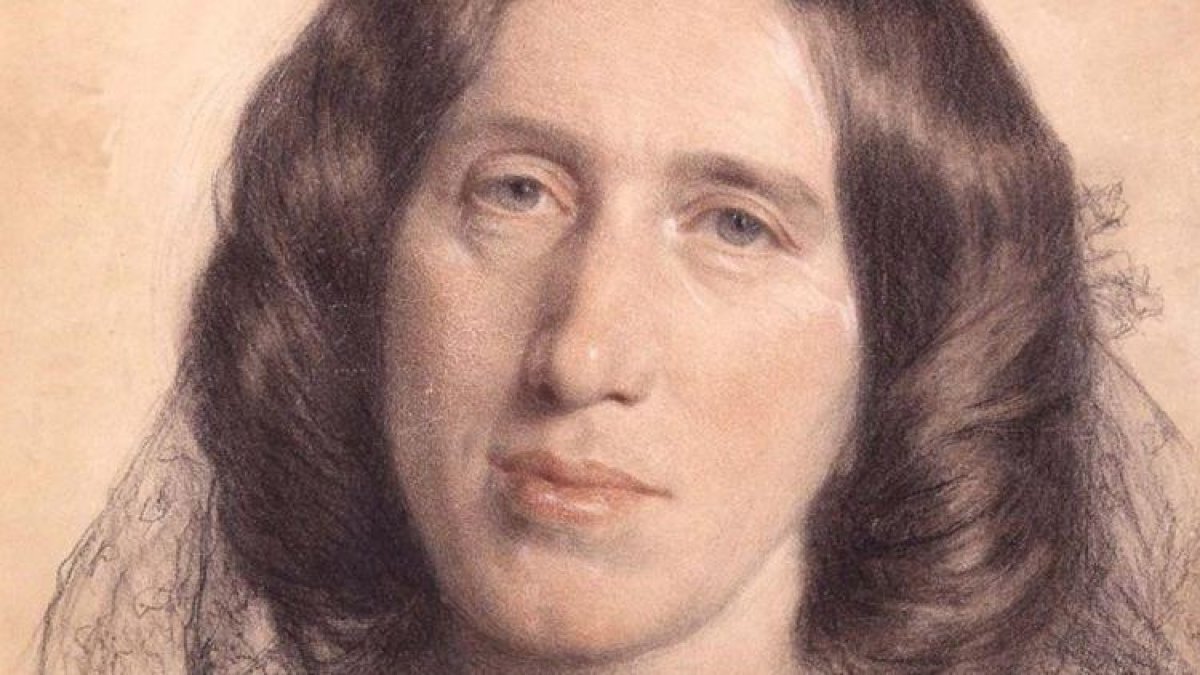
Disclaimer
This post may contain affiliate links. I will make a small commission if you make a purchase through one of these links, at no extra cost to you. See full disclosure and disclaimer policy HERE.
So, you’re probably wondering why anyone would bother diving into the works of George Eliot, a novelist from the 19th century. I get it—there are a million books out there, and it’s easy to get lost in the noise. But trust me, if you haven’t picked up one of Eliot’s novels yet, you’re missing out on something seriously special.
Table of Contents
Who Was George Eliot?
Mary Ann Evans was born on November 22, 1819, in Warwickshire, England. From a young age, she was passionate about literature and philosophy—interests that weren’t always encouraged in women during that time. But Mary Ann wasn’t one to conform to societal expectations. She was fiercely intelligent, independent, and determined to make her mark on the world.
However, the literary world of the 19th century was dominated by men, and women writers often weren’t taken seriously. So, when Mary Ann decided to publish her first novel, she adopted the pen name George Eliot. The choice of a male pseudonym allowed her work to be judged on its own merits rather than being dismissed simply because she was a woman.
Mary Ann Evans was not only a trailblazing author but also a woman who lived life on her own terms. In an era when women were expected to marry and focus on domestic duties, Mary Ann defied convention. She was in a long-term relationship with George Henry Lewes, a philosopher and critic, but the two never married. This was scandalous at the time, but Mary Ann didn’t let society’s judgments dictate her choices.
Her unconventional personal life mirrored the complexity and independence of her fictional characters. Mary Ann’s experiences with societal constraints, love, and morality deeply influenced her writing, making her novels rich with insight into the human condition.
George Eliot’s work was ground-breaking in many ways, and her influence extends far beyond the pages of her novels. She was a pioneer in exploring the psychological depth of her characters, laying the groundwork for modern literary realism. Her nuanced portrayal of women’s struggles and her critique of societal norms have made her a feminist icon in the literary world.
Even today, Eliot’s work is studied, celebrated, and enjoyed by readers around the globe. Her novels offer not just stories, but reflections on the human experience—love, loss, ambition, and morality—that remain relevant even in the 21st century.
Her Characters Feel Incredibly Real
Ever read a book where the characters are so real, you almost expect to bump into them at the grocery store? That’s George Eliot for you. Her characters are complex, flawed, and beautifully human.
Eliot doesn’t just give you a hero or a villain—she presents you with individuals who are as multifaceted as the people you meet in your daily life.
Reading George Eliot is like getting to know a new set of friends—friends who are just as confused, hopeful, and occasionally misguided as you are.
She Tackles Big Themes Without Preaching
You know how some books hit you over the head with their messages? Yeah, Eliot doesn’t do that. Instead, she weaves her themes—morality, society, ambition, love—into the fabric of her stories so naturally that you almost don’t realize how much you’re absorbing.
In “The Mill on the Floss,” Eliot explores the tension between duty and desire, tradition and change, all through the lens of sibling relationships. Maggie Tulliver, the protagonist, is torn between her love for her brother and her own personal growth. The novel dives deep into the complexities of family obligations and societal expectations, but it never feels like a lecture. Eliot’s skill lies in making you think without telling you what to think.
RELATED:
The Greatest Historical Romance Novels Of All Time
She Understands the Everyday Struggles
If you’ve ever felt bogged down by the mundane aspects of life—bills, work, family drama—then George Eliot’s novels will resonate with you. She had this incredible ability to take the ordinary and make it extraordinary. Her books are full of characters dealing with the kind of everyday struggles that we all face, whether it’s financial stress, unfulfilled dreams, or difficult relationships.
Her Writing is Lyrical but Accessible
Let’s face it—some classics are tough to get through because the language is just too dense or outdated. Not so with George Eliot. Her prose is beautifully crafted, yet it’s still easy to follow. Eliot writes with a clarity that makes her novels approachable, even if you’re not a big fan of 19th-century literature.
Her descriptions are often poetic, but never at the expense of the story. For instance, in “Adam Bede,” Eliot paints the rural landscape of England with such vividness that you can almost feel the cool breeze on your face and hear the rustling of leaves. Yet, she balances this with a narrative that moves forward steadily, keeping you engaged from start to finish.
Her Most Notable Novels
George Eliot crafted some of the most enduring and impactful novels in English literature. Her works are known for their deep psychological insight, rich character development, and exploration of social, moral, and philosophical themes. If you’re looking to dive into her most significant novels, here’s a guide to the ones that stand out the most.
Middlemarch (1871-72)
Middlemarch is often hailed as George Eliot’s masterpiece and one of the greatest novels ever written in the English language. Set in the fictional town of Middlemarch, it weaves together multiple storylines involving a diverse cast of characters, each grappling with their own ambitions, desires, and moral dilemmas.
Middlemarch is celebrated for its intricate plot, deep psychological insight, and keen social commentary. Eliot explores a wide range of themes, including politics, reform, marriage, and the limitations placed on women. The novel’s realism, combined with its philosophical depth, makes it a touchstone of literary achievement.
RELATED:
Review: The Timeless Middlemarch by George Eliot
The Mill on the Floss (1860)
This semi-autobiographical novel follows the lives of siblings Maggie and Tom Tulliver, who grow up in the rural English countryside. The story delves into the complexities of family loyalty, societal expectations, and personal growth.
The Mill on the Floss is notable for its portrayal of the intense bond between siblings and its exploration of the conflict between duty and desire. The novel’s tragic conclusion is both heart breaking and thought-provoking, highlighting the inevitable clash between personal aspirations and societal expectations.
Silas Marner (1861)
Silas Marner tells the story of a reclusive weaver who lives a lonely, isolated life after being wrongfully accused of a crime and shunned by his community. His life takes a transformative turn when he adopts a young orphaned girl, Eppie. Through this act of love, Silas begins to reconnect with the community and finds redemption.
This novel is a poignant exploration of themes like redemption, the importance of community, and the power of love to heal and transform. Silas Marner is often praised for its simplicity, emotional depth, and its portrayal of the restorative power of human connection. It’s a shorter, more accessible novel compared to some of Eliot’s other works, making it a great entry point for new readers.
Adam Bede (1859)
Adam Bede is set in a rural English village and follows the life of the titular character, a hardworking and honourable carpenter. The novel explores themes of love, duty, and morality through the lives of several interconnected characters, including the virtuous Methodist preacher Dinah Morris and the beautiful but flawed Hetty Sorrel.
Adam Bede was George Eliot’s first full-length novel, and it was an immediate success. The novel is noted for its realistic portrayal of rural life, its richly developed characters, and its exploration of moral and ethical dilemmas. Eliot’s deep empathy for her characters, even those who make grave mistakes, is one of the novel’s most striking features.
Daniel Deronda (1876)
Daniel Deronda is a novel that intertwines two very different narratives—one focused on Gwendolen Harleth, a young woman trapped in a loveless marriage, and the other on Daniel Deronda, a man searching for his identity and purpose. As the novel progresses, Daniel discovers his Jewish heritage and becomes involved in the Zionist movement.
Daniel Deronda stands out for its exploration of Jewish identity and culture at a time when such topics were rarely addressed in English literature. The novel’s dual narrative structure allows Eliot to explore themes of self-discovery, social justice, and the complexities of identity. It’s a novel that remains relevant for its exploration of cultural and religious identity.
Romola (1862-63)
Romola is set in Renaissance Florence and follows the life of Romola de’ Bardi, the daughter of a blind scholar. The novel explores her personal and political struggles as she navigates the turbulent political environment of Florence and her marriage to the unscrupulous Tito Melema.
Although less well-known than some of Eliot’s other works, Romola is notable for its historical setting and its exploration of complex moral and political issues. The novel showcases Eliot’s versatility as a writer and her ability to create richly detailed historical fiction.
She Was Ahead of Her Time
Here’s the kicker—George Eliot was a trailblazer. Writing under a male pseudonym (her real name was Mary Ann Evans), she tackled issues and topics that were ground-breaking for her time. She challenged the traditional roles of women, questioned societal norms, and delved into the psychological depths of her characters in ways that were revolutionary.
In an era when most novels focused on the lives of the wealthy and powerful, Eliot turned her attention to the middle and lower classes. She wrote about farmers, teachers, and tradespeople with the same care and detail that other authors reserved for lords and ladies.
Her work gives us a window into the lives of ordinary people living in a rapidly changing world—people not so different from us today.
Conclusion
So, why should you read George Eliot? Because her novels offer a rich, immersive experience that’s hard to find elsewhere. They’re filled with characters who feel real, themes that make you think, and prose that’s both beautiful and accessible.
Plus, Eliot’s ahead-of-her-time perspective makes her work feel surprisingly modern, even though it was written over 150 years ago.
If you’re looking for a book that will challenge you, move you, and maybe even change the way you see the world, George Eliot is your author. Trust me, she’s worth the read.
FAQs
Did you like it? Pin this post for later!
